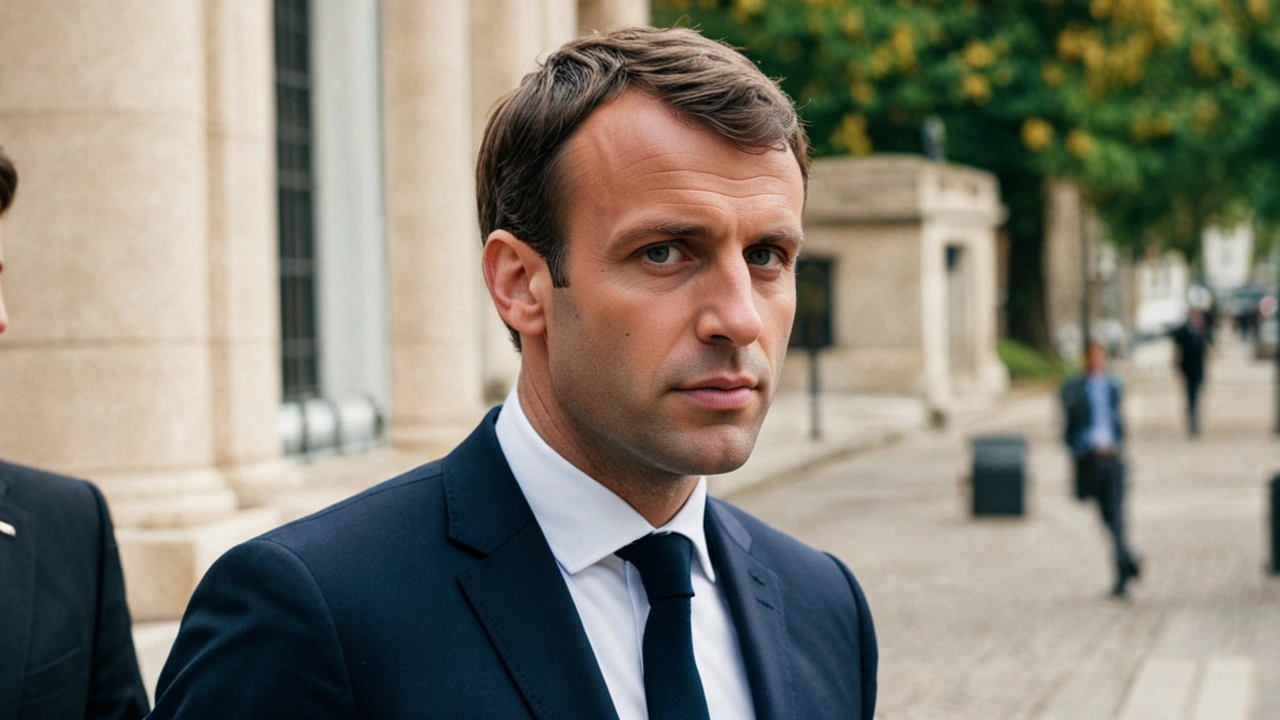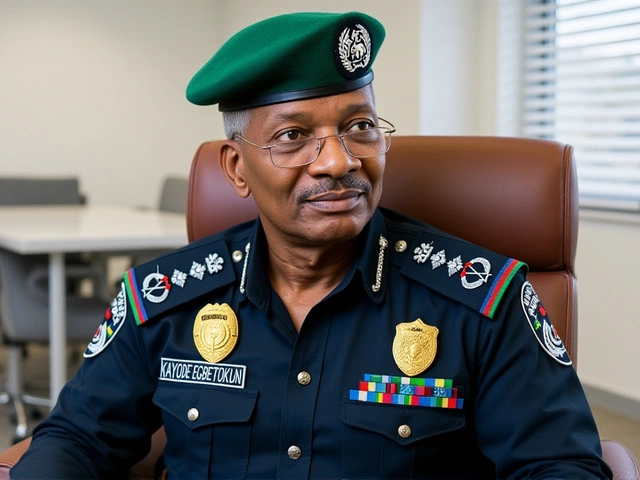Political Coalition Explained
A political coalition is simply a group of parties that join forces to win power. In many African countries no single party can get enough votes on its own, so they team up. This teamwork lets them pool resources, share voters, and stand a better chance at the ballot box.
People often think coalitions are just about numbers, but they also bring different ideas together. When two parties with distinct platforms merge, they have to negotiate policies that satisfy both sides. That negotiation shapes the agenda they will push if they win.
Why Coalitions Form
The main driver is survival. If a party sees it can’t cross the electoral threshold alone, it looks for allies. Smaller parties especially need a bigger partner to get representation. Bigger parties also benefit because they can broaden their appeal and lock out rivals.
Another reason is regional or ethnic balance. Africa’s diverse societies mean voters often align with local interests. A coalition that includes leaders from several regions can claim it represents the whole nation, not just one group.
Key Factors for Success
First, clear agreements are essential. Coalitions work best when they write down who gets which ministries, what policies get priority, and how disputes will be settled. Without a solid roadmap, fights break out once power is in hand.
Second, trust matters. Parties need to believe the other side won’t betray them mid‑term. Regular meetings, joint statements, and shared campaign events help build that confidence.
Third, communication with voters is crucial. If supporters think their party’s identity is getting lost, they may drop out. Coalitions must explain how the partnership improves lives—better jobs, stronger schools, safer streets—and keep those promises visible.
Lastly, flexibility helps. Elections are dynamic; new issues pop up and voter moods shift. A coalition that can adapt its platform without tearing itself apart stays relevant longer.
In practice, successful coalitions often lead to more stable governments. They can pass laws with broader support, reducing the chance of sudden coups or protests. However, if partners clash over core beliefs, the alliance can crumble and trigger political turmoil.
For anyone following African politics, watching how coalitions are built gives a sneak peek at future policy directions. Keep an eye on pre‑election talks, post‑election power sharing deals, and any public disagreements—those signals tell you whether the coalition will hold or fall.
In short, political coalitions are about partnership, compromise, and strategic calculation. They shape who gets to govern and what they can achieve for citizens across the continent.

France Grapples with Political Stalemate as Macron Accepts PM Attal's Resignation
In a dramatic turn of events, President Emmanuel Macron has accepted the resignation of Prime Minister Gabriel Attal. This decision follows an inconclusive snap election, leaving France in a political impasse. With no clear majority in the National Assembly, the government faces scrutiny as it juggles day-to-day affairs, including preparations for the Paris Olympics.




